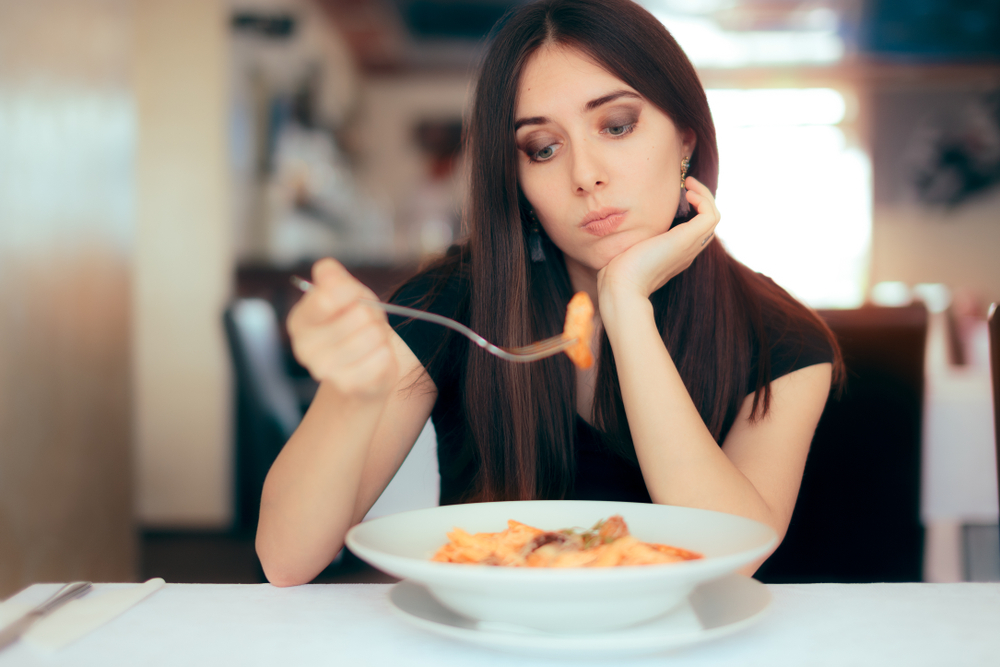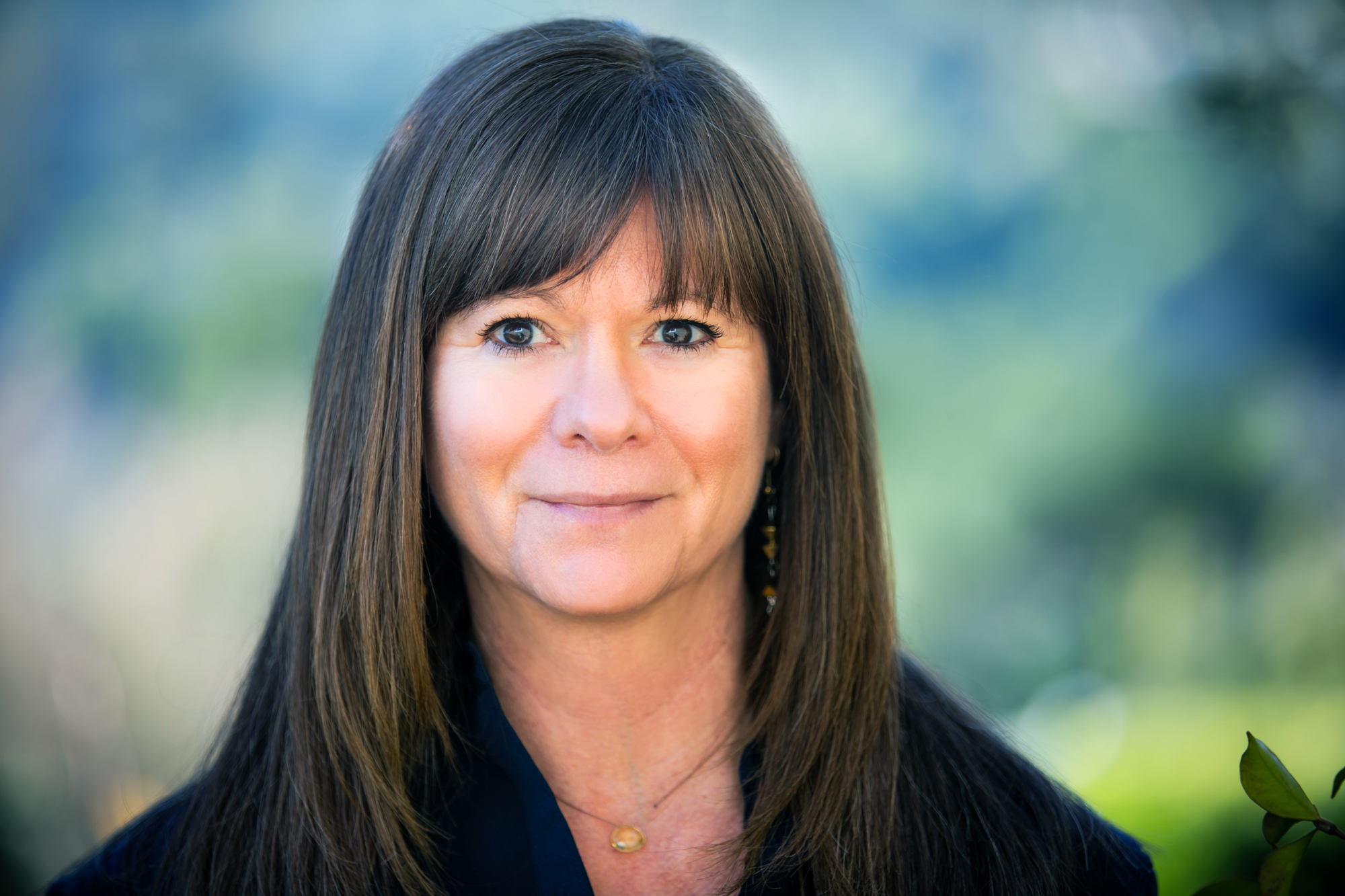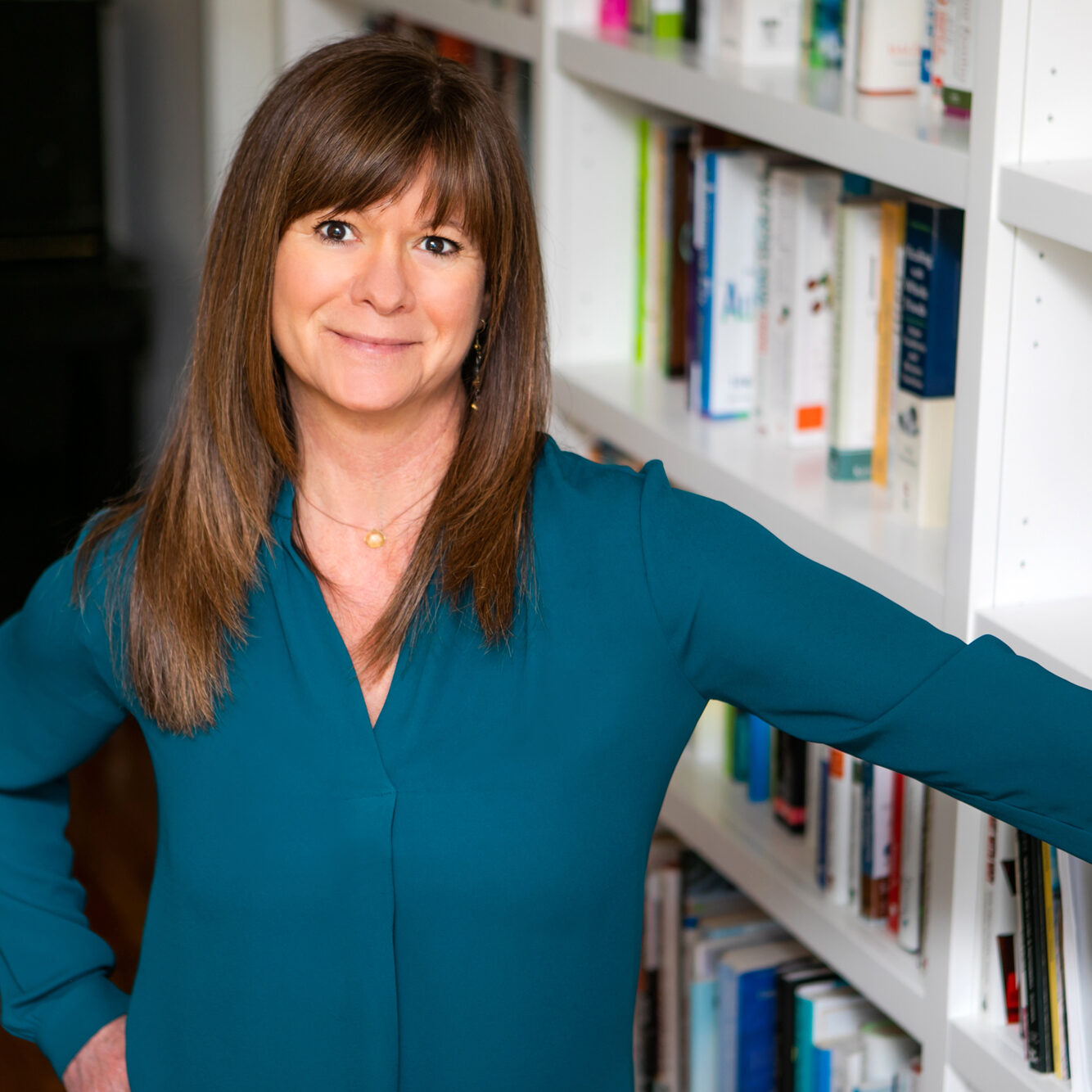
“I’m afraid to eat”. I hear this from my clients all the time. One day they feel they have a handle on what causes their GI symptoms, and the next day, the same foods seem to cause gas, bloating, abdominal pain, diarrhea, or constipation. They are left confused and frustrated. Eating away from the safety of home, feels scary.
In order to find relief, so many I work with start by turning to the internet to find answers. They read about what foods to avoid – gluten, dairy, sugar, and more. Are grains the cause? How about lectins and nightshades? So, they stop eating these foods. They worry about certain fruits or vegetables. Is there too much sugar in fruit? Do cruciferous vegetables cause my gas? In desperation they remove these foods as well. Suddenly their diets are reduced to just a handful of foods that feel safe. Common choices are chicken, rice, blueberries, and spinach. While these are certainly healthy foods, such a limited diet is difficult, and does not provide all the nutrients needed. In an attempt to feel better, so many are actually headed down a path to malnutrition. Believe it or not, sometimes it’s the foods you’re not eating that can actually make you feel better!
Where I live, it seems everyone is offering nutrition advice. From naturopaths, chiropractors, and acupuncturists, to personal trainers and hairstylists. It seems everyone wants to tell people what foods to avoid. When the same messages keep getting repeated, it’s easy to believe this is the best way. Some practitioners are even offering food sensitivity and stool tests that are designed to tell you which foods are causing the problems. Many of my clients come to me with their food sensitivity lists, which have led to more foods they think they can’t eat, and reducing their “safe foods” even further. While these tests may sound like a great idea, the problem is they are not valid. Maybe in the future we will have a tool that can actually measure this, but at this time, the marketing is ahead of the science.
Yes, each person does have very individual tolerances, and there is good research out there to show what can help. The low FODMAP diet, which was originally started in Australia, has been shown to help 50-86% of people feel better. Some others may have an enzyme deficiency (no, over the counter digestive enzymes don’t always solve this), or a reaction to another naturally occurring chemical in some foods. Sometimes a different type of diet plan altogether can be helpful. Finding the answer definitely can take detective work.
Solving your GI discomfort should not just be about what to avoid. One of the most important steps in helping my clients is to first find relief by pinpointing the problem foods, and then helping them expand their diets to eat more. Science has shown that eating the greatest variety of foods possible leads to better health, and a happier life. There are so many delicious and healthy foods out there. It’s time to enjoy eating again!

Kim Kulp, RD
Gut Health Nutrition Expert
I am a registered dietitian that specializes in gut nutrition to improve digestive and mental health. I help my clients harness the power of nutrition to support their bodies delicate ecosystem, so they can feel better. I have seen hundreds of lives transformed through the power of nutrition. I want to help you harness the gut health connection in your life so you can get “back to good!”
I would love to hear from you:
Phone 415-246-3876
Kim@GutHealthConnection.com
Need an expert voice?
Media and Brand Partnerships
I have spent so much of my life learning about nutrition and it's radical impact on both digestive and mental health. My desire is to get this information in both patients and professional hands. If you need a speaker, guest writer or expert voice, please contact me. I would be honored to answer your questions.
Kim Kulp, RD


